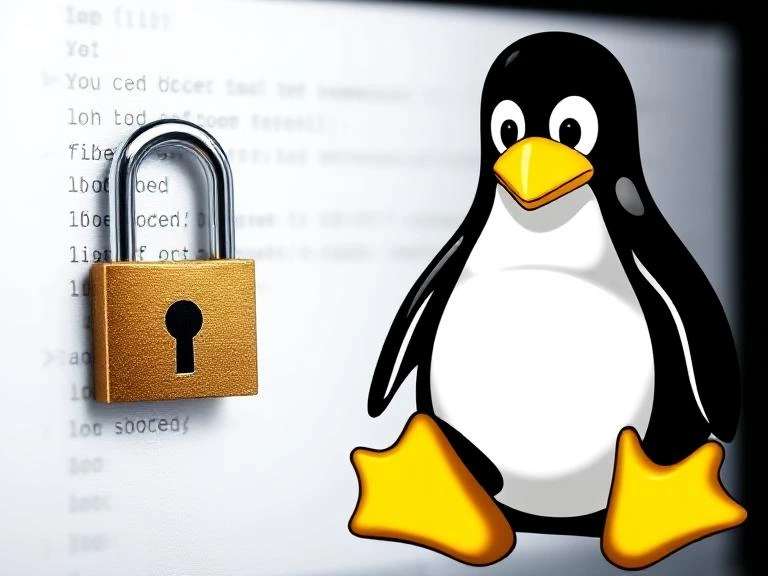Solving Permission Issues When Extracting ZIP Files on Linux
Today, after extracting a ZIP file on Ubuntu, I found directories and files had restrictive permissions (dr-xr-x---), preventing modification or deletion. Here’s a quick guide on why this occurs, how to fix it, and how to avoid it next time.
Understanding Permissions (dr-xr-x---)
When you run ls -l, Linux displays permissions in a format like:
1
dr-xr-x--- 5 <unix_id> domain users 4096 Jul 8 2022 <folder_name>
d: Indicates it’s a directory.r-x: Owner (<unix_id>) has read and execute permissions but no write permission.r-x: Group (domain users) also has read and execute permissions but no write permission.---: Others have no permissions.
Without write permission (w), you can’t modify, rename, or delete files and directories within.
Why Does This Happen?
ZIP archives sometimes store permissions explicitly. When you unzip on Linux using standard commands, those permissions may be restored as they were set when the archive was created, especially if originating from other systems (like Windows or corporate networks).
How to Quickly Fix Permissions After Extraction
Here’s the fastest and easiest solution I’ve found:
Extract your ZIP file and immediately correct permissions with:
1
unzip yourfile.zip -d destination_folder && chmod -R u+rwX destination_folder
chmod -R u+rwX:- Adds read (
r) and write (w) permissions for the owner recursively. - Adds execute (
X) permission to directories and already-executable files, keeping permissions clean and consistent.
- Adds read (
A Future-Proof Approach (Recommended)
To avoid encountering this issue repeatedly, consider the following:
- If creating your own ZIP archives, ensure proper permissions before zipping:
1
2
chmod -R u+rwX foldername
zip -r output.zip foldername
- Alternatively, use TAR archives, which handle permissions predictably:
1
tar czvf archive.tar.gz foldername
Then unpack with:
1
tar xzvf archive.tar.gz
Summary & Takeaways
- Permissions from ZIP archives can cause restrictive permissions upon extraction.
- Quickly resolve with a combined unzip and permission-fix command:
1
unzip yourfile.zip -d destination_folder && chmod -R u+rwX destination_folder
Keep this handy—it’s been a great time-saver!
